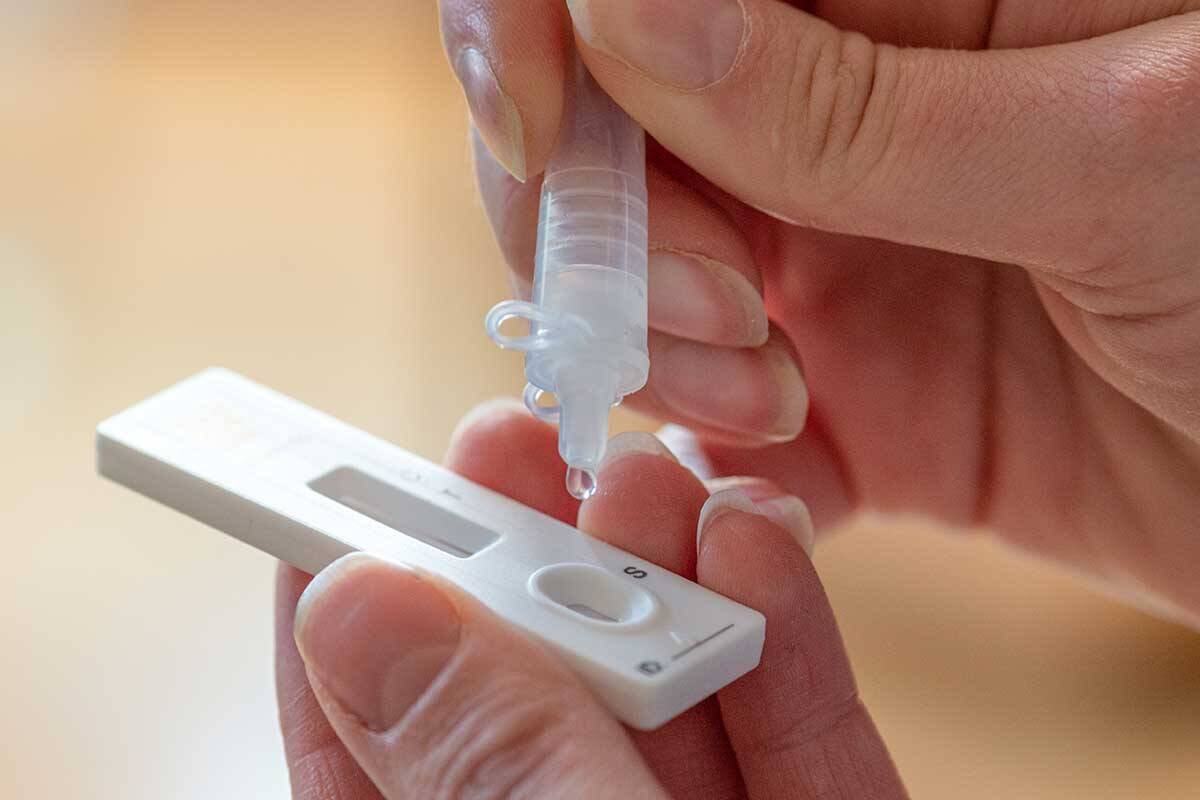Why concerns are growing about the accuracy of rapid antigen tests

Concerns are growing about the (lack of) accuracy of rapid antigen tests.
It’s led to the Royal College of Pathologists to call on the government to start collecting data on negative results.
It’s feared false negatives could be as high as 40 per cent for asymptomatic cases.
Associate Professor David Anderson, Deputy Director of the Burnet Institute, said RATs must only be seen as “one part” of the tool kit in detecting COVID-19, and “not the most important part” of the process.
“We shouldn’t be putting too much trust in their use,” he warned.
He said given the number of cases of COVID-19 in the community, users were far more likely to get a false negative, over a false positive.
He said his “biggest fear” was that RATs were giving people a false sense of security.
Associate Professor Anderson said the issues weren’t coming down to the type of rapid test being used.
“There is not a big difference,” he said.
Press PLAY below to hear him explain on 3AW Mornings
Picture: Getty iStock















